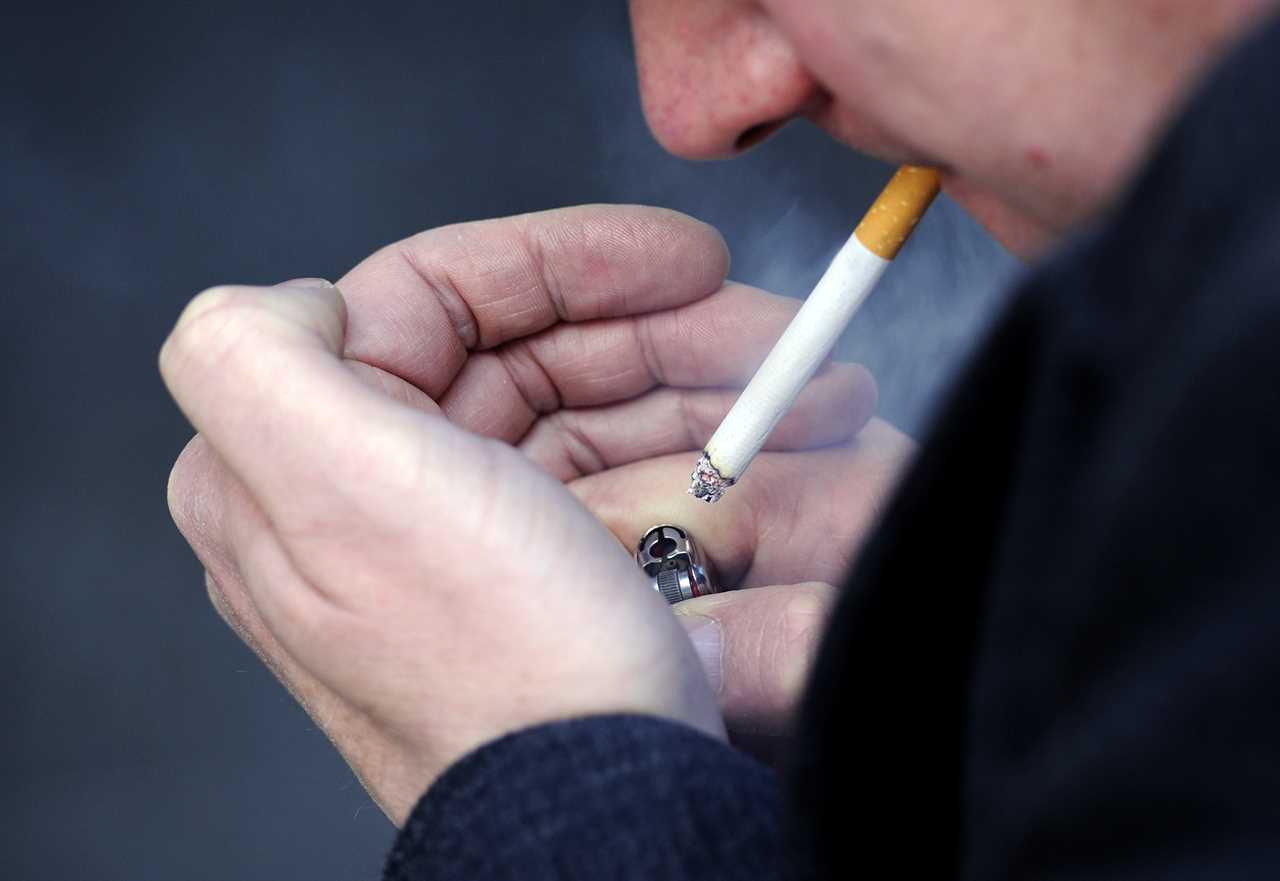
WE'RE all well aware of the perils of smoking, with cigarettes responsible for seven out of 10 cases of lung cancer. If you've never puffed on a cigarette, your odds of sidestepping the disease are altogether much stronger. But it's still possible to develop lung cancer even if you've sworn off tobacco. In fact, up to 14 per cent of people with lung cancer in the UK have never smoked, according to Cancer Research UK.
"To put this into perspective, if lung cancer in people who have never smoked was a separate disease, it would be the eighth most prevalent cause of cancer-related death." In some ways, nonsmoker lung cancer might be considered a separate disease to smoking-related lung cancer, as it has unique molecular and biological characteristics and responds differently to treatment.
The Different Symptoms to Look Out For
Most nonsmokers have no early signs of lung cancer, which means they're often not diagnosed until it has spread. But some people do notice symptoms in the cancer's early stages, Yale oncologists said. These are similar to the symptoms in smokers and may include a cough that doesn’t go away, coughing up blood, chest pain, trouble breathing, wheezing, hoarseness, loss of appetite, weight loss, fatigue, trouble swallowing, swelling in the face and/or the neck, and recurrent lung infections.
Risk Factors for Lung Cancer
Even if you've never picked up a cigarette in your life, a combination of other factors can still put you at risk of developing the disease. Passive smoking, age, exposure to materials like asbestos, heavy metals, diesel exhaust, and radon gas, as well as living in areas with high air pollution, can all increase the chances of developing lung cancer. Last year, it was announced that more than a million smokers and ex-smokers will be invited for NHS lung checks under an ambitious targeted lung cancer screening programme.
Nonsmokers at risk of cancer might not be eligible for the screening programme, but you should speak to your GP if you have a family history of lung cancer or concerns about exposure to secondhand smoke, radon, pollution, or other known contributors. It's crucial to seek medical advice if you experience any symptoms related to lung cancer.






